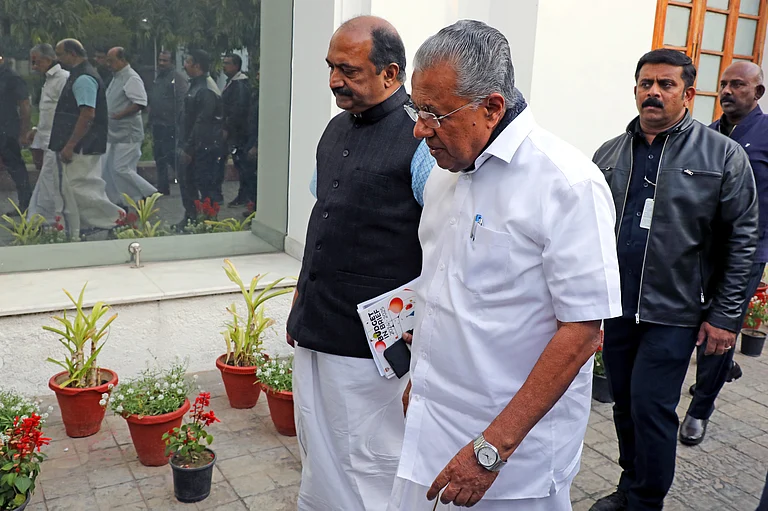Nine months have passed since Kerala made an unusual move in the Supreme Court with an original suit under Article 131 of the Constitution challenging the alleged infringement of financial freedom through multiple orders passed by the Union Government. The suit, kept for hearing, would address a series of orders and amendments passed by the Union Government limiting the borrowing capacity of the State. The order issued by the Union Government on March 27, 2023, imposing a net borrowing ceiling that limits borrowing from all sources—including open market sources—led the State to a grave financial crisis. Kerala contends that this interference violates the principles of fiscal federalism enshrined in the Indian Constitution.
The Kerala Fiscal Responsibility Act, 2003 governs borrowing limitations and the amount of such borrowings. The state government is given precise goals under this Act to help it reduce budget imbalances. Kerala has appealed to the Supreme Court that the fundamental goal of this state legislation is to achieve fiscal consolidation, which includes lowering fiscal deficits and managing public debt to preserve macroeconomic stability and sustainable economic growth.
Kerala argues that it can borrow money using the security or guarantee of the state's Consolidated Fund since Article 293 of the Indian Constitution grants the state fiscal autonomy.
By the original suit filed in the Supreme Court in December 2023 under Article 131, Kerala challenged the orders from the Ministry of Finance dated March 27, 2023, and August 11, 2023, as well as the changes made to Section 4 of the Fiscal Responsibility and Budget Management Act, 2003, as a result of the Finance Act, 2018.
It is argued that these orders and changes impede the state's financial operations by putting in place a Net Borrowing Ceiling (NBC) on the State in the way the Union sees fit, which caps borrowings from all sources, including open market borrowings. These orders further lower the NBC by incorporating elements into the state's "borrowing" that are otherwise not "borrowings" as defined by Article 293 of the Constitution. Besides, the Union Government’s orders reduce borrowings from state-owned enterprises where the principal and/or interest is paid from the budget or where the borrowings are used to finance plans announced by Kerala. Kerala argues that by imposing restrictions under the pretext of exercising powers under Article 293(3) of the Constitution, the Union Government is infringing on the state's exclusive constitutional powers.
According to the State's lawsuit, the state urgently needs to raise almost Rs 26,000 crore in order to prevent an approaching financial crisis.
“The ability to determine the borrowing of the State in order to balance the budget and make up the Fiscal Deficit is exclusively within the domain of the States. If the State is not able to borrow to the extent required based on the budget of the State, the State would not be able to complete its State Plans for the particular financial year. Therefore, it is essential for the progress, prosperity and development of the State and the people of the State that the State is able to exercise its constitutional rights and its borrowings are not impeded in any manner,” reads the plea.
Kerala argues that the Union Government, through the contested orders, has invaded Kerala's legislative territory. According to Article 246 of the Constitution, "Public Debt of the State" is a solely State List item included in the Seventh Schedule. The ultra vires provisions of the Impugned Amendments could be utilised to subvert the State's authority, the state argues. The plea claims that Kerala has a legitimate fear that the such orders from the part of the Union Government will be used to justify executive actions of the latter which are apparently ultra vires the Constitution. According to the Government of Kerala, the net negative impact or loss incurred by the state's economy over the following five years might reach up to Rs. 2-3 lakh crores.
The State has told the Court that it is unable to fulfil its annual budgetary obligations as a result of these financial constraints. The State Government has said that enormous arrears in welfare programmes, payments to different recipient groups, State Government employees, State Government pensioners, and State-Owned Enterprises have resulted from the budgetary limitations caused by the implementation of a borrowing ceiling by the Centre.


























